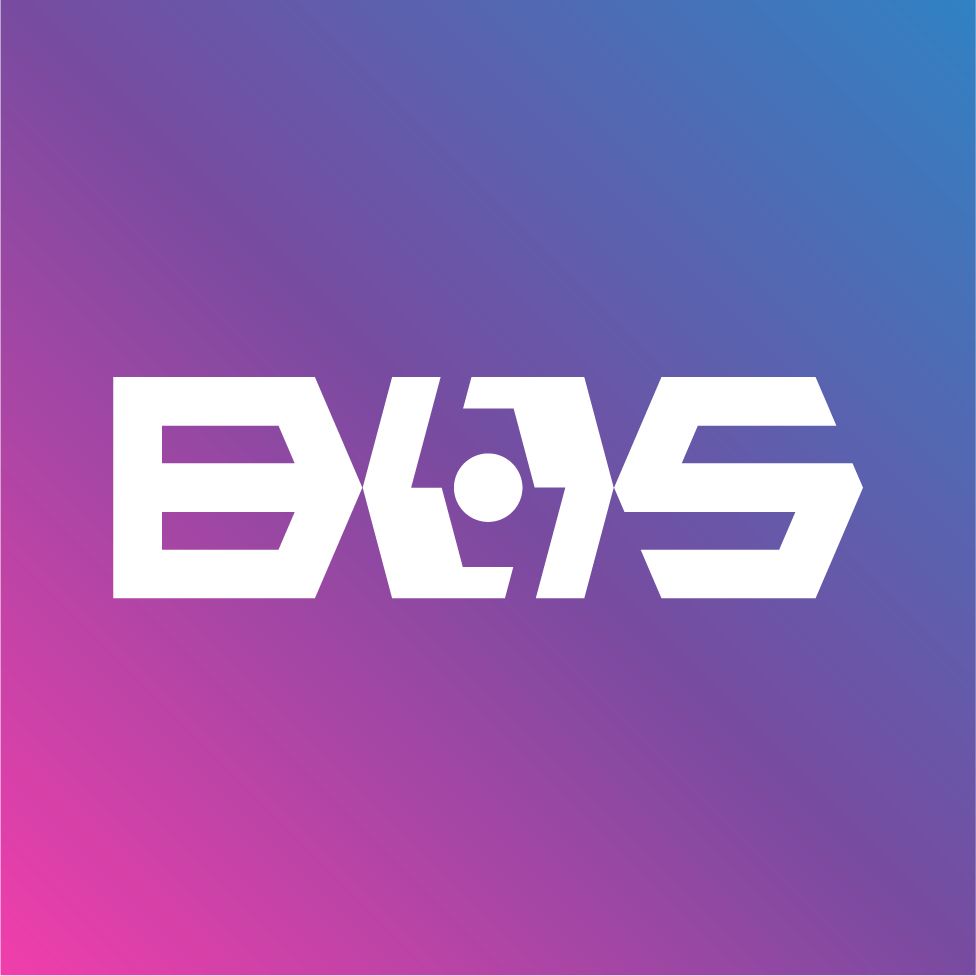572 reads
An Intro to Chainlink: 3 Pillars of Digital Change
by
December 12th, 2022
Audio Presented by

The Blockchain Oracle Summit is the only event in the world to focus solely oracles.
About Author
The Blockchain Oracle Summit is the only event in the world to focus solely oracles.
